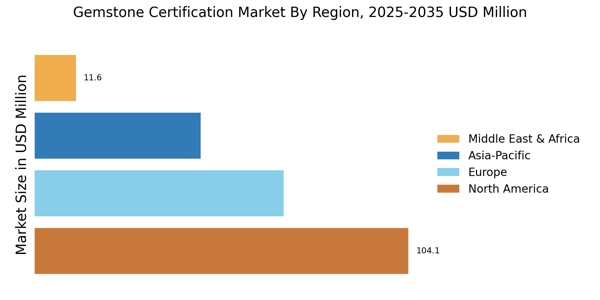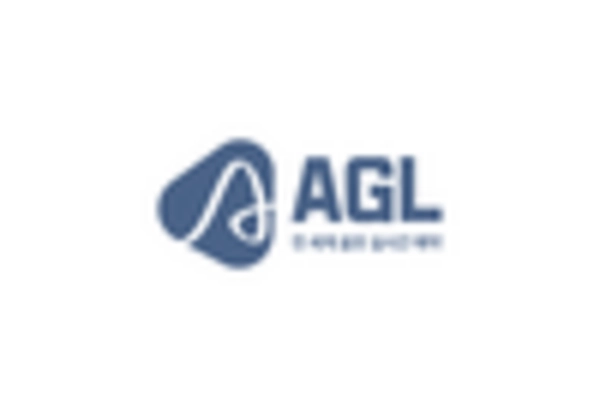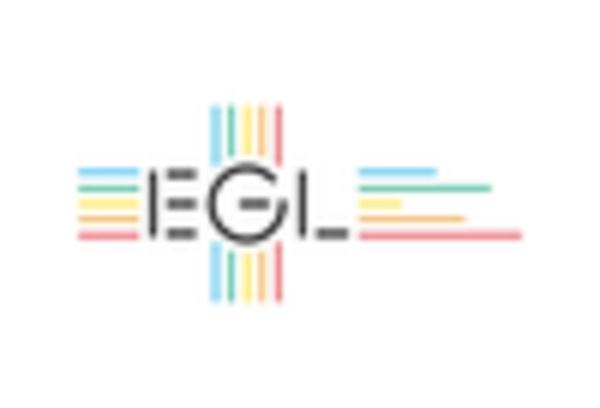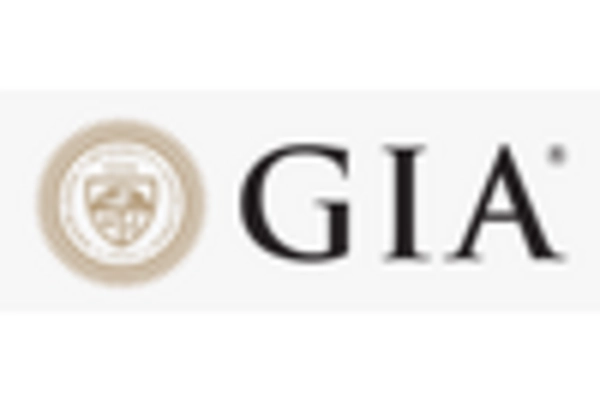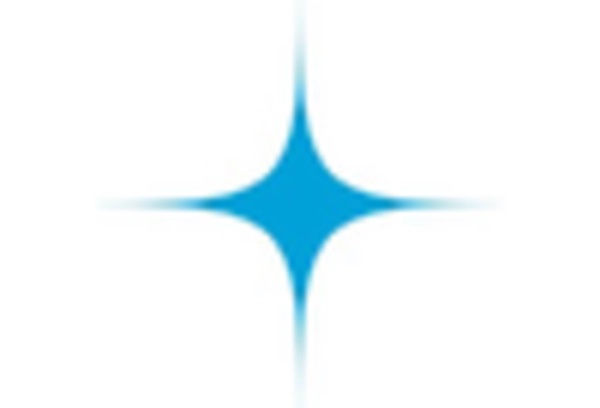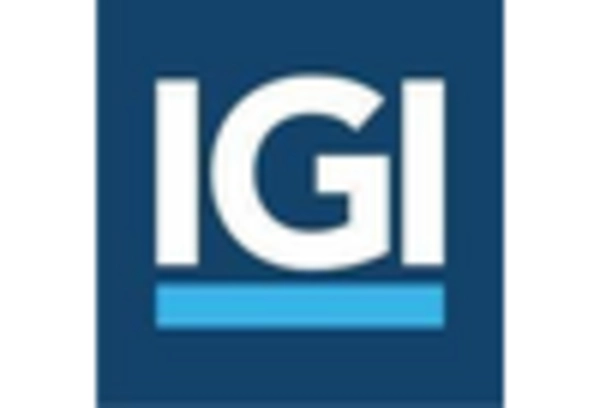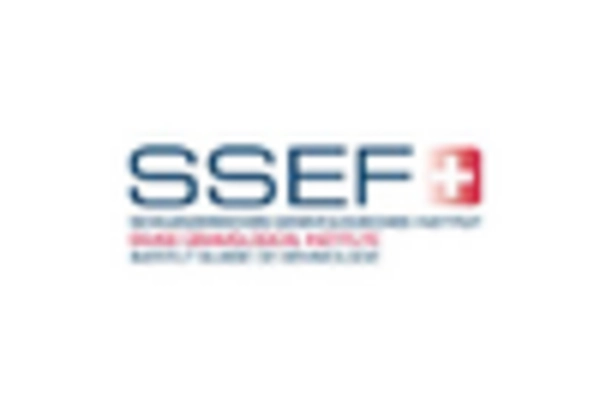Regulatory Compliance and Standards
The gemstone certification Market is significantly influenced by the establishment of regulatory compliance and standards. Governments and industry bodies are increasingly implementing regulations that mandate certification for gemstones, particularly in regions where the gemstone trade is substantial. These regulations aim to ensure consumer protection and promote ethical sourcing practices. For instance, the introduction of stricter guidelines has led to a surge in demand for certification services, as businesses strive to comply with these standards. This regulatory environment not only fosters trust among consumers but also drives the growth of the Gemstone Certification Market, as more players seek certification to remain competitive.
Technological Advancements in Certification
Technological advancements are reshaping the Gemstone Certification Market by enhancing the accuracy and efficiency of certification processes. Innovations such as blockchain technology and advanced imaging techniques are being integrated into certification practices, providing a more transparent and reliable means of verifying gemstone authenticity. These technologies enable certifying bodies to offer detailed reports and traceability, which are increasingly demanded by consumers. As a result, the market for gemstone certification is likely to expand, with an estimated growth rate of 8% annually over the next five years. This trend underscores the importance of technology in driving the evolution of the Gemstone Certification Market.
Rising Demand for Investment-Grade Gemstones
The Gemstone Certification Market is witnessing a surge in demand for investment-grade gemstones, which are often accompanied by certification to validate their quality and value. Investors are increasingly recognizing gemstones as alternative assets, leading to a heightened interest in certified stones that can provide assurance of authenticity and investment potential. Reports indicate that the market for investment-grade gemstones has grown by approximately 15% in recent years, with certification playing a crucial role in this trend. This growing segment is likely to further stimulate the Gemstone Certification Market, as more investors seek certified gemstones to mitigate risks associated with their investments.
Increasing Consumer Awareness of Certification
The Gemstone Certification Market is experiencing a notable increase in consumer awareness regarding the importance of certification. As consumers become more informed about the value of certified gemstones, they are more likely to seek out certified products. This trend is driven by a growing understanding of the potential for fraud and misrepresentation in the gemstone market. According to recent surveys, approximately 70% of consumers express a preference for purchasing certified gemstones, indicating a shift towards valuing authenticity and quality. This heightened awareness is likely to propel the demand for certification services, thereby enhancing the overall growth of the Gemstone Certification Market.
Evolving Consumer Preferences Towards Ethical Sourcing
The Gemstone Certification Market is significantly impacted by evolving consumer preferences towards ethical sourcing. As consumers become more conscious of the social and environmental implications of their purchases, there is a growing demand for gemstones that are ethically sourced and certified. This shift is prompting gemstone retailers to prioritize certification as a means of demonstrating their commitment to responsible sourcing practices. Market data suggests that approximately 60% of consumers are willing to pay a premium for ethically sourced certified gemstones. This trend is likely to drive the growth of the Gemstone Certification Market, as businesses adapt to meet the changing expectations of their clientele.



